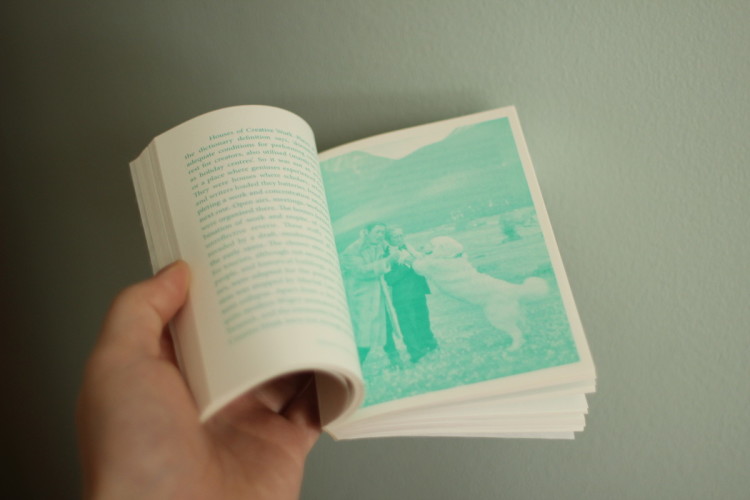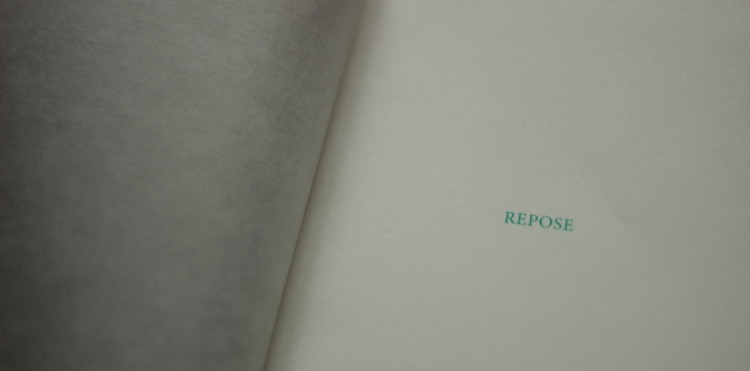concept
Repose
Repose is a need of suspension, but also of a non-obvious relation between work and a break.
Repose is a caprice, an experience derived from the combination of two phrases: Melleville’s “I’d rather not to” and Goncharov’s “He didn’t know what he wanted, but he did know what he didn’t want”.
We are interested in slowness, lying fallow, in a state when “I should” changes into “I could want”. “I could want” takes place during a walk, a breakfast, when one is with others and when one is alone; when making sketches, when trying. In the contemporary rigour of art production and residencies, such moments barely exist.
This is why Repose refers to the distant, old cousin of residencies – A House of Creative Work. This place and situation exposes all the ambivalence of creative work; on the one hand, there is desistance, tearing the love for work away from one’s heart, on the other hand, there is the rest colonised by the spectre of work – a non-idle idleness. Repose is a need of suspension, but also of a non-obvious relation between work and a break, of suspension in the imposed rigour of the particular kind of production, work completed with a product, an action that can be ascribed to a particular person. Yet, we do all this with the awareness that what is productive and what is not productive remain a matter of agreement/negotiation. It is being captured in the circulation of work and “non-work”.
In the course of two parts of the event, we shall rest, sketch and open to want. Repose is two-part session of non-activity (non-labour). The first part will take place between 16 and 21 June in an abandoned forest café – in the green areas near Krakow. The second one (26–29 June) will be located near Nowy Sącz, in the vicinity of a yacht quay, founded and run by a community – as I would call them – a DIY movement.
Invited artists: Freja Bäckman, Paweł Brożyński, Cristina David, Krzysztof Maniak, Mateusz Kula, Rudolf Samohejl, Jaro Varga.
More / credits
Mateusz Kula
Visual artist, interested in the expressions of the middle-class culture, the grey area of pop culture and criticism of ideology

